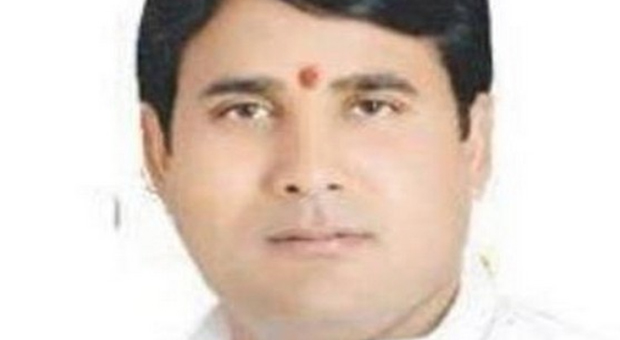New Delhi, Nov 3: Pollution levels in Delhi and satellite towns shot up again on Sunday morning, with the air quality bordering the 'severe plus' category at several places.
A slight increase in the wind speed and a light drizzle on Saturday had led a drop in pollution levels with the air quality index settling at 399 in the evening.
However, weather experts said pollution levels shot up overnight due to calm winds leading to accumulation of pollutants.
At 11 a.m., Delhi's AQI read 483.
On Friday, the city recorded the 24-hour AQI average of 484, which prompted authorities to shut schools, ban all construction activities and declare a "public health emergency".
The Friday's highest was the worst since November 9, 2017, when it was 486.
The AQI at Pusa, Bawana, Anand Vihar, Ashok Vihar, Mundka, Punjabi Bagh and ITO was between 490 and 500.
In the National Capital Region (NCR), Noida (487), Ghaziabad (483) and Greater Noida (470), Gurgaon (457), breathed extremely polluted air.
An AQI between 0-50 is considered 'good', 51-100 'satisfactory', 101-200 'moderate', 201-300 'poor', 301-400 'very poor' and 401-500 'severe'. Above 500 falls in the 'severe plus' category.
NASA satellite imagery showed vast swathes of the northern plains, covering Punjab, Haryana, Delhi, Uttar Pradesh, Bihar, and parts of Jharkhand and West Bengal, blanketed under a smoky haze.
Delhi is pinning hopes on meteorological relief with the weatherman saying winds gusting up to 20-25 kilometers per hour are likely to prevail in the region from Sunday evening to Tuesday.
Scattered rainfall in Punjab, Haryana, Rajasthan and Delhi is likely on November 7 and 8 under the influence of Cyclone Maha and a fresh western disturbance.
This rainfall, however light, will be significant in terms of reducing the effect of stubble burning and washing away pollutants, officials said.
On Friday, the Supreme Court-mandated Environment Pollution (Prevention and Control) Authority had declared the "public health emergency", following which the Delhi government decided to shut all schools.
The EPCA also banned all construction activities in Delhi-NCR till November 5.
Chief Minister Arvind Kejriwal called Delhi a "gas chamber" and blamed stubble burning in Haryana and Punjab for the apocalyptic haze shrouding Delhi.
The share of stubble burning in Delhi's pollution stood at 46 per cent on Friday, the highest so far. It dropped to 17 per cent on Saturday and is expected to be 12 per cent on Sunday, according to the Ministry of Earth Sciences' air quality monitor SAFAR.





Comments
Add new comment